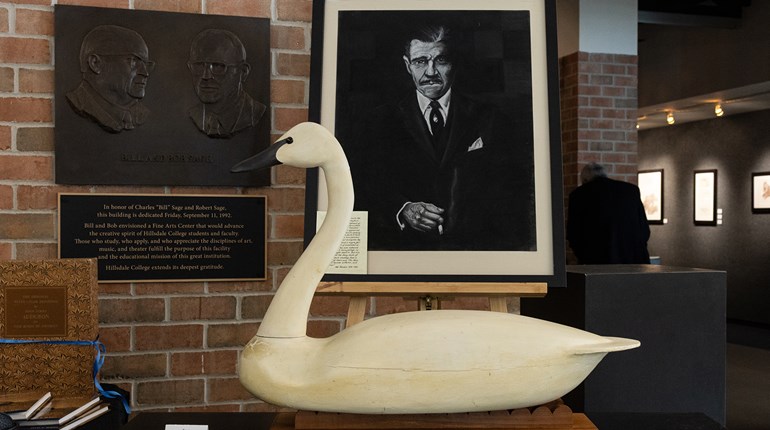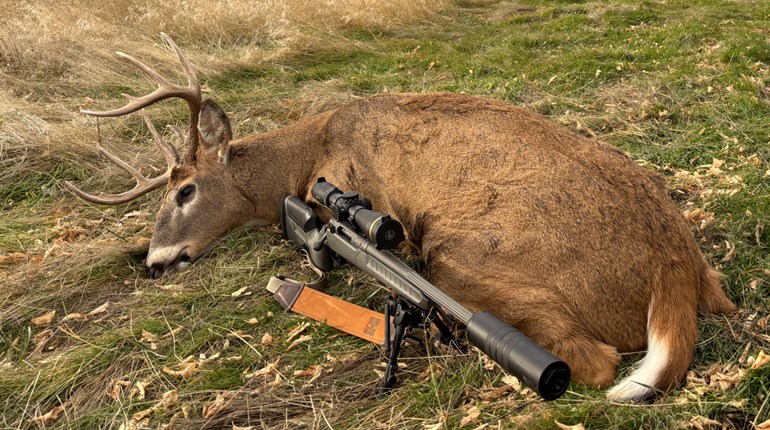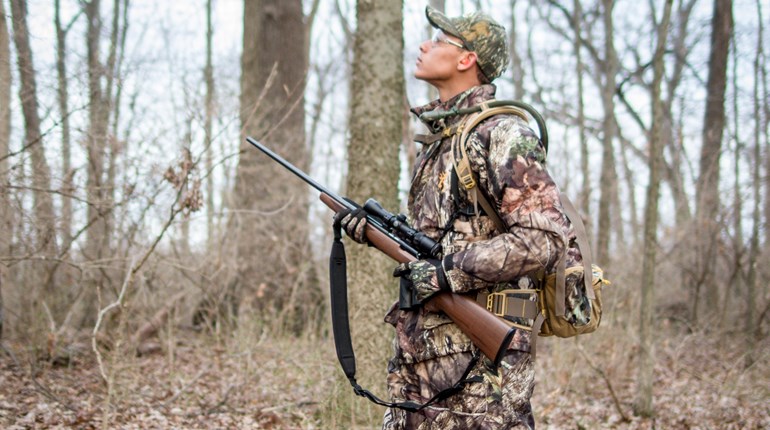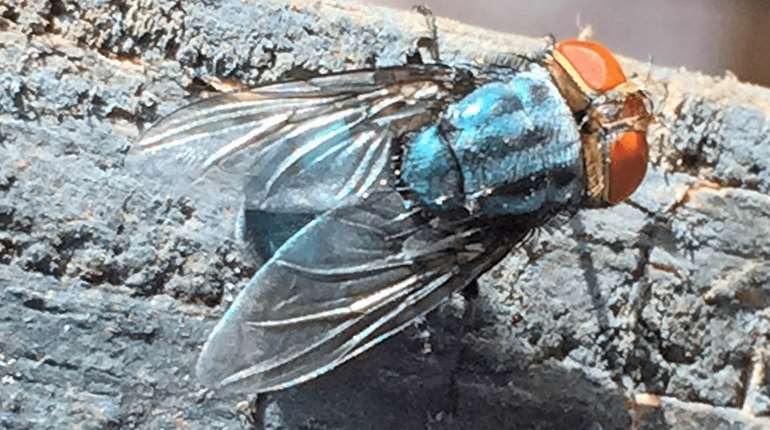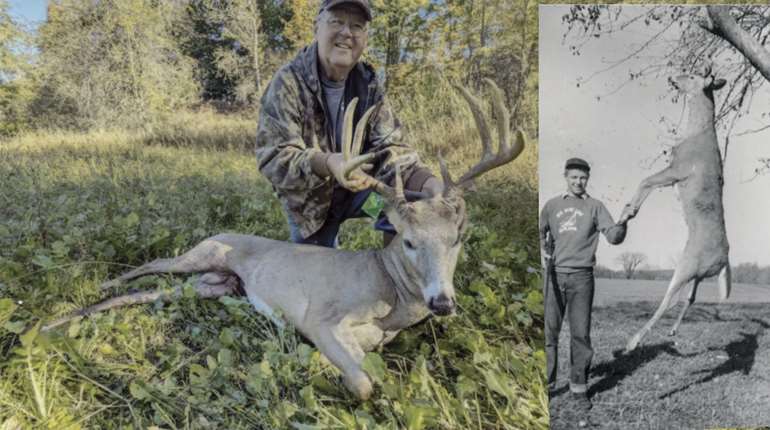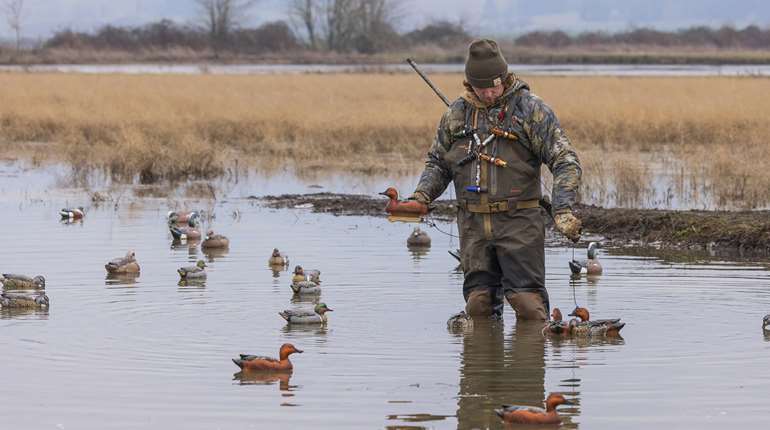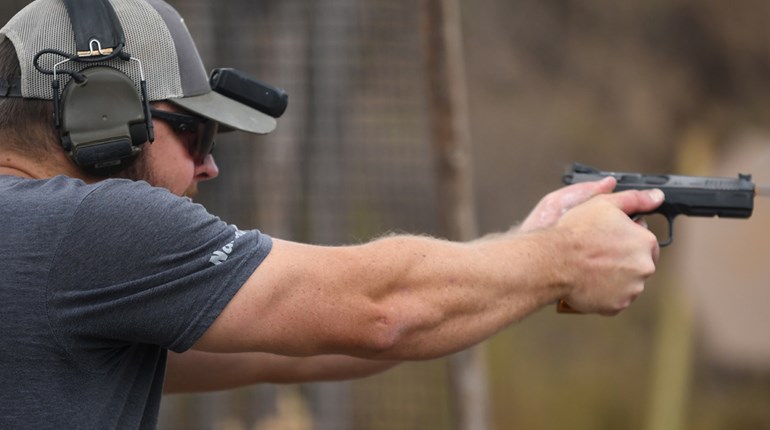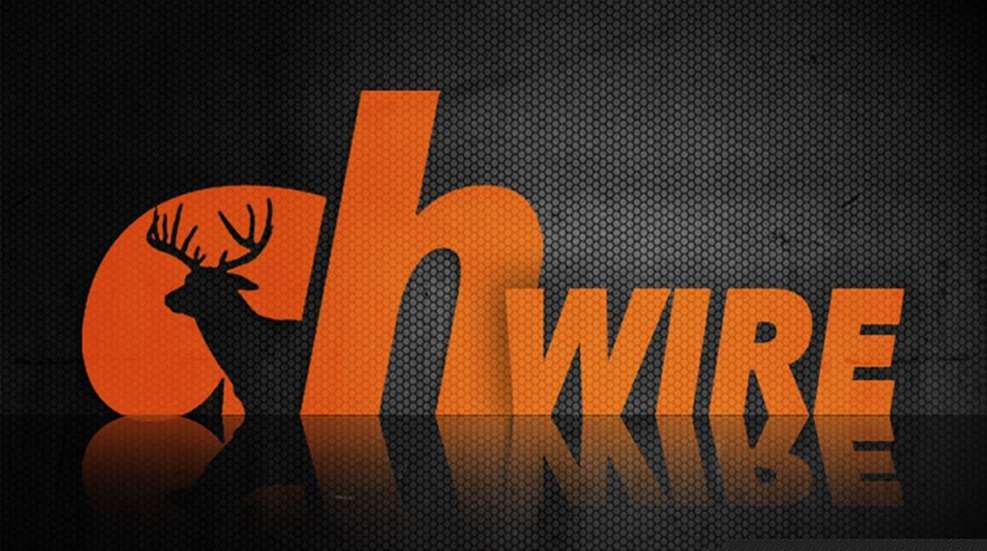
Conservation Force, the Dallas Safari Club and others filed suit last week against Delta Air Lines, Inc., demanding an end to Delta's embargo on the transport of "Big Five" hunting trophies (lion, elephant, leopard, rhino and cape buffalo) from Africa. The plaintiffs allege that the embargo on the transport of a specific class of non-dangerous cargo violates Delta's duty as a common carrier not to discriminate against passengers or cargo.
Houston Safari Club, the CAMPFIRE Association, the Tanzania Hunting Operators Association and Corey Knowlton—the hunter that won Dallas Safari Club's black rhino auction last year—make up the remainder of the group suing the airline.
Delta originally announced it would no longer transport "Big Five" trophies in early August 2015, in the aftermath of the "Cecil the Lion" controversy.
Among the plaintiff's arguments is the case that "Big Five" hunting in southern and eastern Africa is responsible for protecting wildlife habitat, and provides a large share of operating revenue for local wildlife departments.
Without hunting most wildlife and habitat will disappear," John J. Jackson III, President of Conservation Force, said. "Above all, the attitudes of local people ultimately determine the survival of these species. Hunting provides the incentives for local people to tolerate dangerous wildlife."
The plaintiffs also argue that Delta's embargo threatens the African hunting industry by making it more difficult for hunters to bring home the fruit of the hunt, and stigmatizes America's business and civic leaders as traffickers of illicit cargo. The suit notes that international trade and transport of "Big Five" trophies is not just legal, but encouraged by resolutions of the Parties to the Convention on International Trade in Endangered Species of Wild Fauna and Flora (CITES), except for trade in the embargoed buffalo, which is not protected under CITES (or the U.S. ESA). Jackson, a prominent lawyer, also noted that the U.S. Fish and Wildlife Service has issued import permits for rhino, leopard, and elephant.
"Delta is a common carrier," Jackson said. "It cannot discriminate against cargo, the African people, or game—much less to further the agenda of extremist animal rights organizations. Its embargo threatens the programs responsible for most of the habitat and anti-poaching in Africa."
The suit was filed in the Northern District of Texas.












